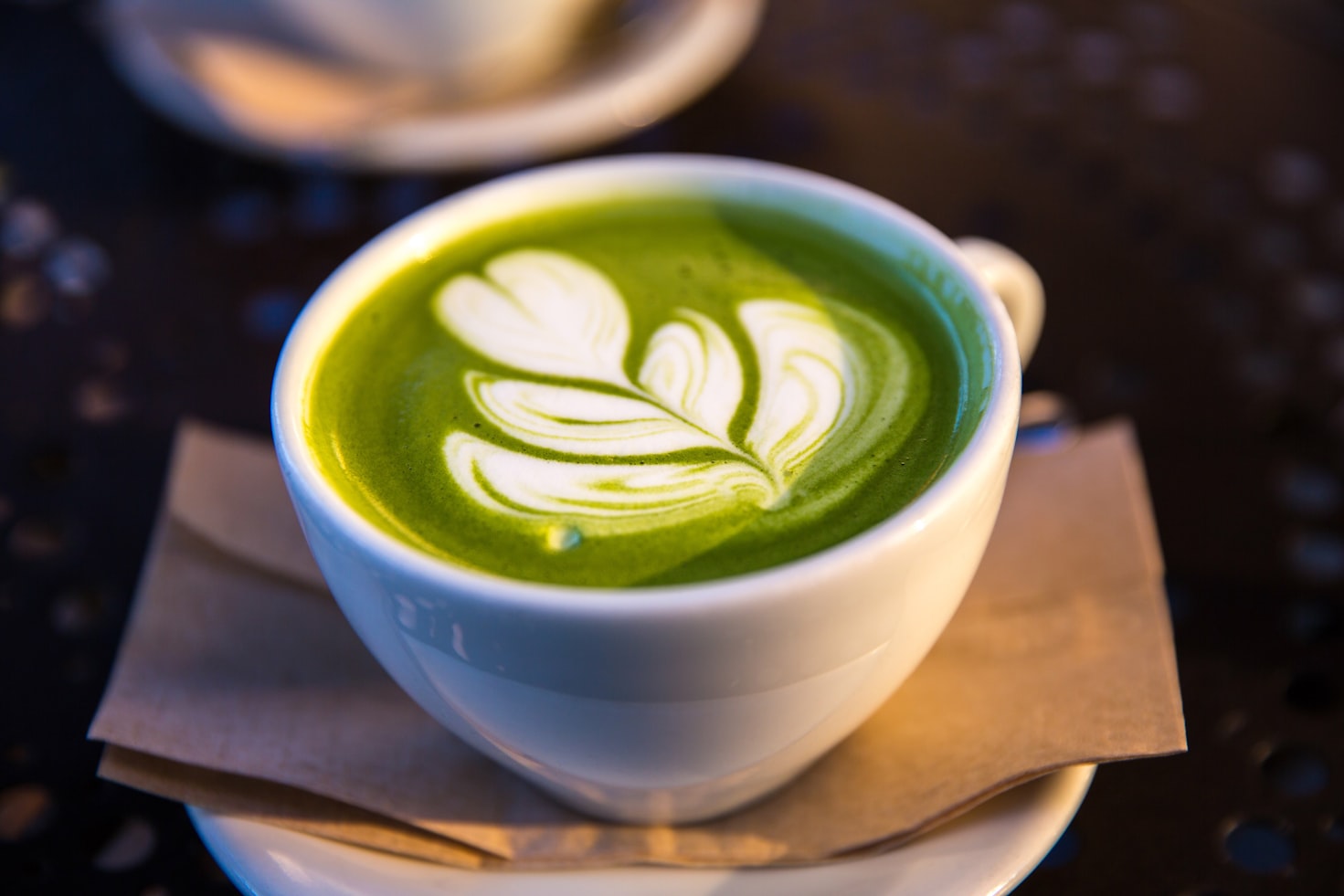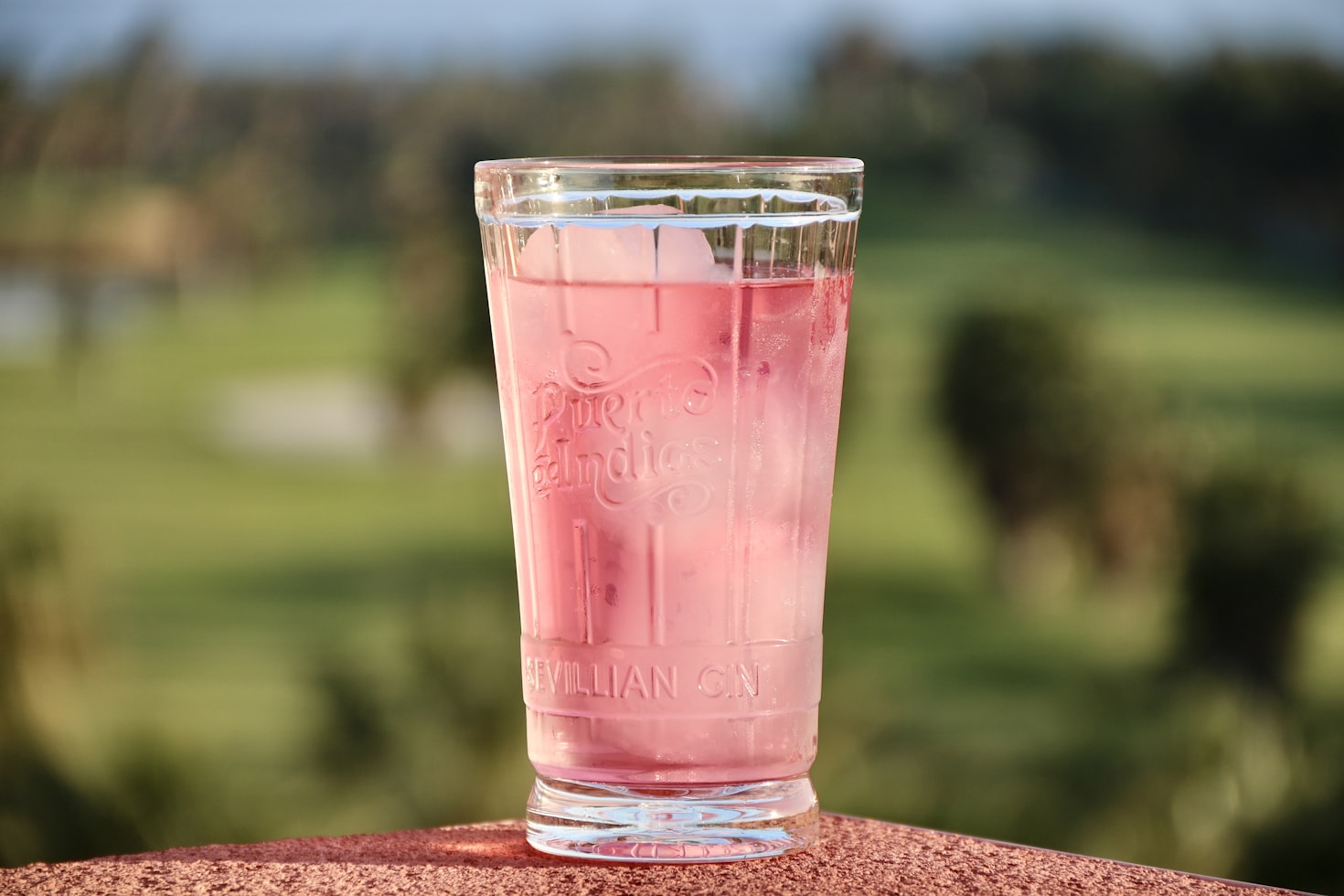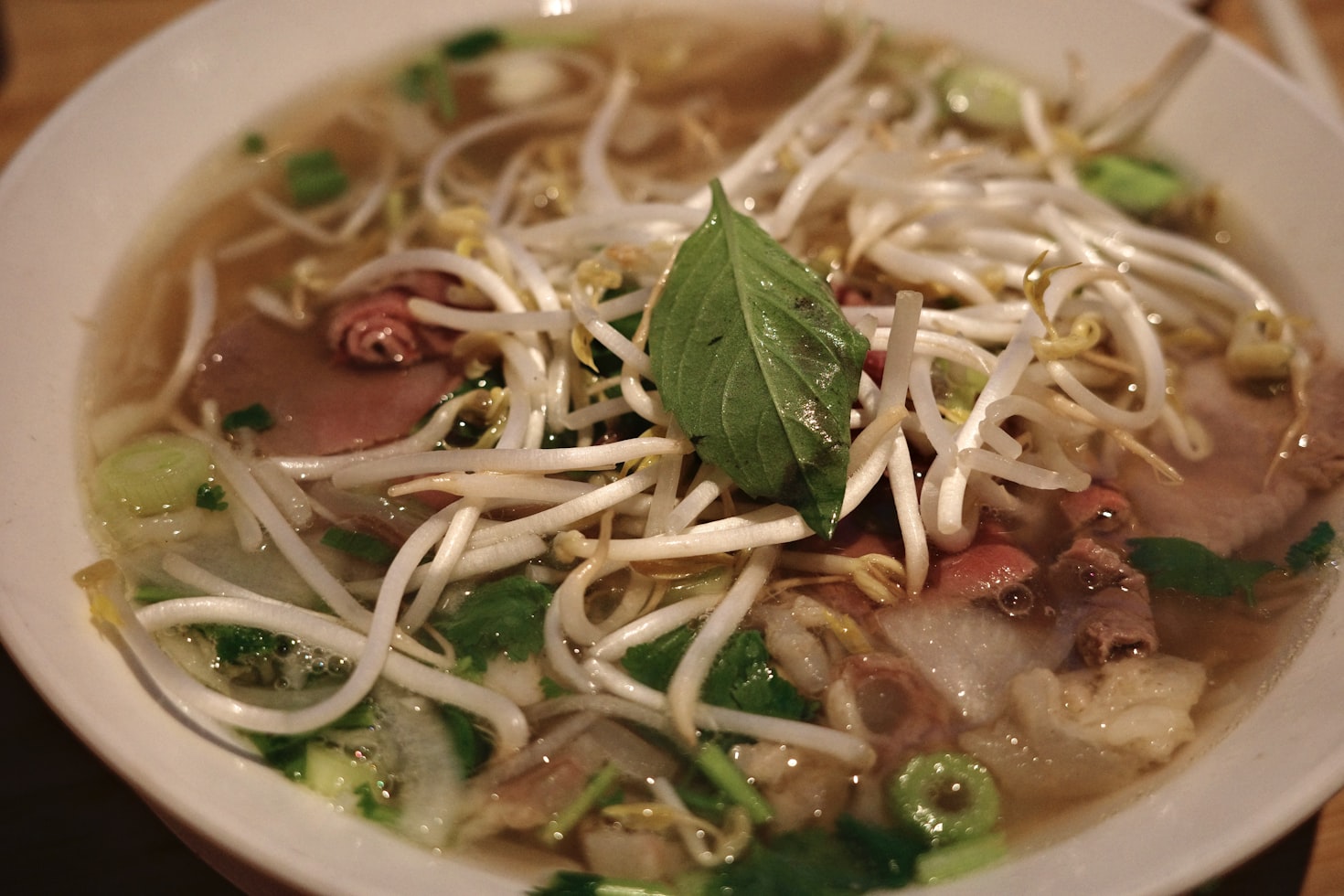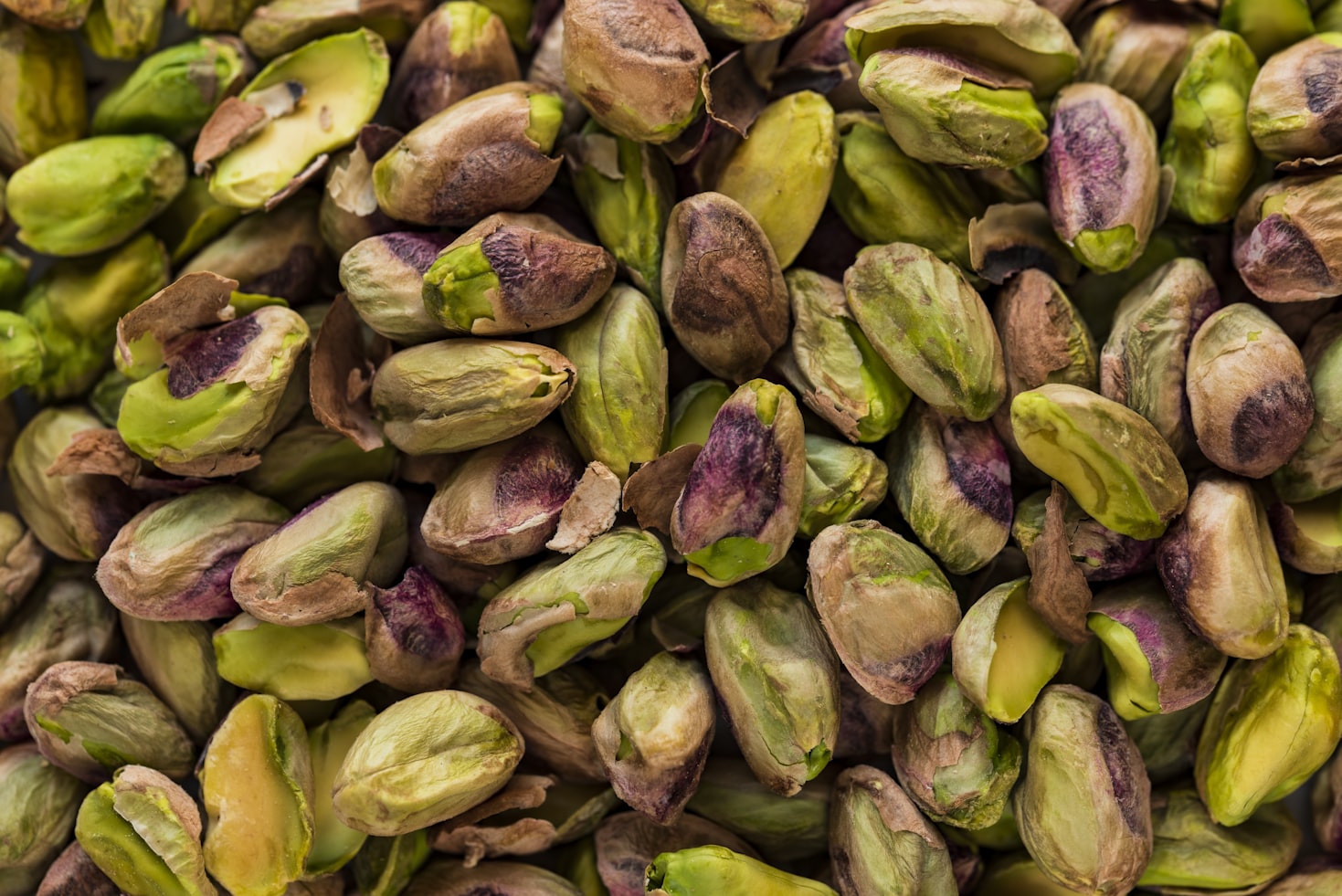Is Matcha Keto Friendly?
Matcha, a powdered form of green tea, has gained popularity in recent years due to its numerous health benefits. However, if you follow a ketogenic diet, you may be wondering if matcha is compatible with your eating plan. In this article, we will explore whether matcha is keto-friendly and how it can fit into a low-carb lifestyle.
Understanding the Ketogenic Diet
Before we delve into the keto-friendliness of matcha, let’s briefly understand what a ketogenic diet entails. The ketogenic diet is a low-carb, high-fat eating plan that aims to put your body into a state of ketosis. In this state, your body burns fat for fuel instead of carbohydrates.
On a standard ketogenic diet, the macronutrient breakdown typically consists of 70-75% fat, 20-25% protein, and 5-10% carbohydrates. The goal is to keep your carbohydrate intake very low, usually below 50 grams per day, to maintain ketosis.
The Nutritional Profile of Matcha
Matcha is made from the leaves of the Camellia sinensis plant, which are ground into a fine powder. This vibrant green powder is rich in antioxidants, vitamins, and minerals. Let’s take a closer look at the nutritional profile of matcha:
- Calories: Matcha is relatively low in calories, with approximately 3-4 calories per gram.
- Carbohydrates: Matcha contains carbohydrates, but the amount can vary depending on the brand and quality. On average, one teaspoon of matcha powder contains about 1 gram of carbohydrates.
- Fat: Matcha is naturally low in fat, with less than 1 gram per teaspoon.
- Protein: Matcha contains a small amount of protein, with approximately 0.3 grams per teaspoon.
- Fiber: Matcha is not a significant source of dietary fiber.
- Vitamins and Minerals: Matcha is rich in antioxidants, including catechins, which have been linked to various health benefits. It also contains vitamins A, C, and E, as well as minerals such as potassium, calcium, and iron.
Matcha and Carbohydrates
One of the primary concerns for those following a ketogenic diet is the carbohydrate content of foods. While matcha does contain carbohydrates, the amount is relatively low. A teaspoon of matcha powder typically contains around 1 gram of carbohydrates, which is unlikely to significantly impact your daily carb limit on a keto diet.
However, it’s essential to consider the overall carbohydrate intake from other sources throughout the day. If you consume multiple servings of matcha or add sweeteners or milk, the carbohydrate content can increase. Be mindful of your total carbohydrate intake and adjust accordingly to stay within your desired range.
Matcha and Fat
On a ketogenic diet, fat is a crucial macronutrient as it provides the majority of your daily calories. While matcha is not a significant source of fat, you can easily incorporate it into your diet by adding healthy fats. For example, you can prepare matcha with coconut milk or MCT oil, both of which are excellent sources of healthy fats that support ketosis.
Matcha and Caffeine
Matcha contains caffeine, which can provide an energy boost and enhance mental focus. However, it’s important to note that excessive caffeine consumption may have adverse effects, such as jitteriness or disrupted sleep. If you are sensitive to caffeine or experience any negative effects, consider opting for a decaffeinated version of matcha.
FAQs
1. Can I add sweeteners to my matcha on a keto diet?
While it’s best to avoid adding sweeteners to your matcha on a keto diet, there are low-carb sweeteners available that can be used sparingly. Stevia, erythritol, and monk fruit extract are popular keto-friendly sweeteners that can add a touch of sweetness without significantly impacting your carbohydrate intake.
2. Can I drink matcha while fasting?
Yes, matcha can be consumed while fasting, as it contains minimal calories and carbohydrates. However, be cautious about adding any high-calorie or high-carbohydrate ingredients, such as milk or sweeteners, as they may break your fast.
3. Can matcha help with weight loss on a keto diet?
Matcha has been associated with weight loss due to its potential to boost metabolism and fat oxidation. However, it’s important to note that weight loss ultimately depends on maintaining a calorie deficit. While matcha can be a part of a well-rounded weight loss plan, it should not be relied upon as a magic solution.
4. Are there any potential side effects of consuming matcha on a keto diet?
For most people, matcha is safe to consume in moderation. However, some individuals may be more sensitive to caffeine or experience digestive issues. If you have any concerns or pre-existing conditions, it’s best to consult with a healthcare professional before incorporating matcha into your diet.
5. Can matcha be consumed on a cyclical ketogenic diet (CKD) or targeted ketogenic diet (TKD)?
Yes, matcha can be consumed on CKD or TKD, which involve cycling in and out of ketosis. During the carbohydrate refeeding phase of these diets, matcha can be enjoyed as part of a balanced meal or snack.
6. Can matcha be used in keto-friendly recipes?
Absolutely! Matcha can be a versatile ingredient in keto-friendly recipes. You can use it to make delicious low-carb desserts, such as matcha fat bombs or keto matcha cheesecake. Just be mindful of the other ingredients you use to ensure they align with your keto goals.
Summary
Matcha can be a keto-friendly beverage when consumed in moderation. With its low carbohydrate content and potential health benefits, matcha can be a valuable addition to a ketogenic diet. Remember to be mindful of your overall carbohydrate intake and consider adding healthy fats to your matcha to support ketosis. As with any dietary change, it’s always best to consult with a healthcare professional or registered dietitian to ensure it aligns with your individual needs and goals.





